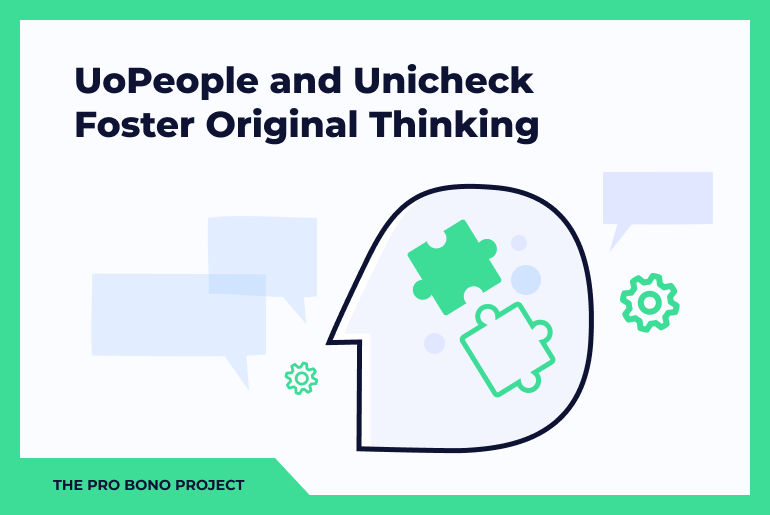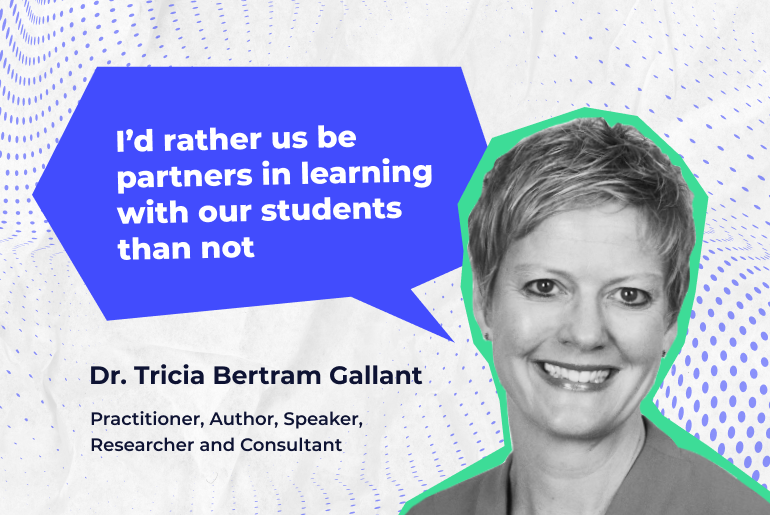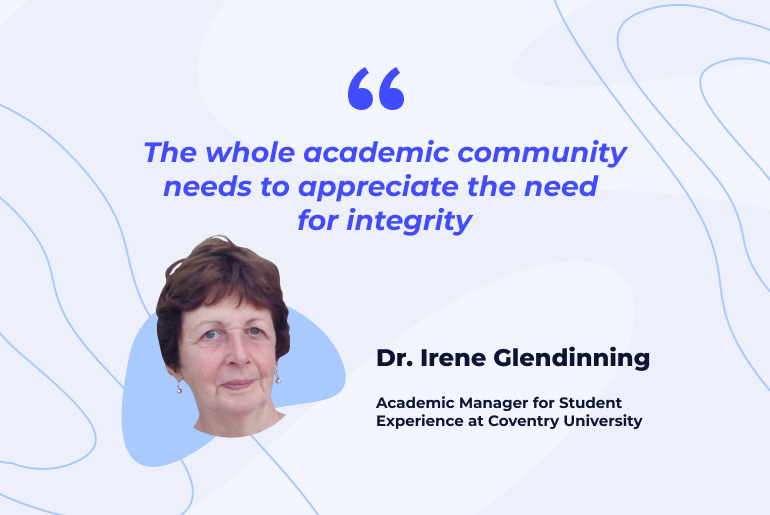Pop quiz: What is one of the biggest problems that e-learning courses face? It might shock you to hear that it’s plagiarism. According to a May 5, 2015 article on iSpring, “A recent study of academic journal articles revealed that more than 68% of articles researchers surveyed qualified as plagiarized.” Though plagiarism is quickly spreading, those hardest hit are often the e-learning sites, like Coursera. So why the sudden boom in copied work?
Back in the no-internet day
Just about anyone over 30-35 years of age can recall the book reports and projects required in school when they were younger. The method of research for these reports? Card catalogs and encyclopedias. If someone really felt like going above and beyond, they would conclude their card catalog search by requesting the librarian to borrow a book from a nearby library that wasn’t available where they were. That’s about as fancy as it got!
To say that a plagiarized encyclopedia passage was obvious, would be an understatement. The wording was not kid-friendly, nor did it provide more than just the basic facts on a topic. Similarly, the books found on the shelves were geared towards adult readers. Whether a student wanted to plagiarize or not, there simply wasn’t much to plagiarize from. Students had no choice but to do it on their own.
Internet age issue
Enter, the internet. Talk about having the world at your fingertips! As stated in the same iSpring article, “Downloading, copy-and-paste tools, and many more technological tricks makes a plagiarist’s work easy.” Not only can kids search the dusty non-fiction archives from the comfort of their computer chair, but they have access to resources that simply never existed “back in the day.” One of those resources being other students’ work.
To make it even easier, those reports are already in “kid-friendly” language, making it less suspicious to the reader. Since there is no way one teacher could be aware of and have memorized every internet article or uploaded student essay, it seems like an easy crime.
Luckily for the school system, programs such as the Unplag university plagiarism checker are making that crime less possible. These programs are able to scan a student’s work and compare it to all other pieces of writing in the database and on-line. Anything matching another piece is highlighted, allowing the teacher to see every single part that was copied.
Why do students cheat?
But what is causing students to resort to this? Well, some kids simply think they can get away with it. The internet seems like a world of endless choices, that a teacher would never be able to monitor. The world of e-learning, in particular, allows a student to be practically anonymous. The teacher is not having conversations with the student, where they can gain a feel for their background knowledge and style. The computer screen becomes a curtain that allows the student to hide and pretend they are someone they’re not.
On top of these other factors, students today are much more stressed. There is high-stakes testing and kids trying to race to the top. The internet has connected people on a more global level, so kids are not only compared to others in their town or state, but also in the nation and world.
Add to this the insane cost of a college education, and people end up clawing tooth-and-nail to be the one that gets the scholarship. Not only are these huge stressors, but it can cause students to feel like the only chance they have is to use parts of another’s work.
Plus, let’s be honest, plagiarizing can be down-right tempting. If a student is faced with hours of research versus a quick internet search, you need to have a strong code of ethics to not take the bait. And when you’re participating in an online course, or e-learning, all you need to do is move the computer mouse over a smidge, open a new internet tab, and type in your topic. It’s too easy!
On the other hand, you have those that are fully aware it’s wrong, but feel they have no other choice. Perhaps they will lose their college scholarship if their GPA goes down. Perhaps their family is taking a huge financial risk to send them to school, and they can’t risk paying to re-take the course if they fail. Regardless, they have their reasons and take great risks every time they attempt it.
Red flags are being raised, however, thanks to these plagiarism-detection programs. If a program, like the free Unicheck plagiarism checker, is being used by the teacher or professor, then there is literally no way that student is going to get away with it. There are tons of legitimate online resources, such as e-Learning Industry, offer support and materials for e-learning environments. So a fair warning to students tempted by the call of plagiarism… stop before you get caught, because you will get caught.





